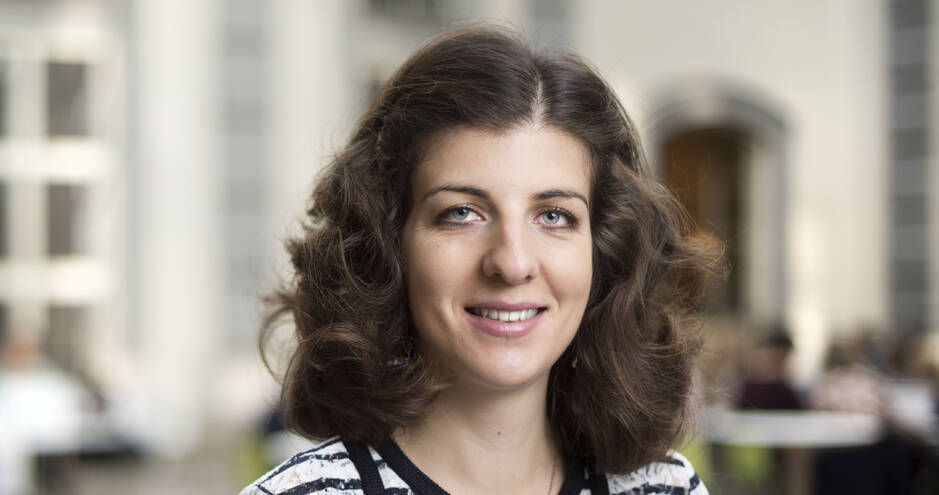New Research by Irina Zviadadze Accepted in the Review of Financial Studies
The Finance Department at HEC Paris is pleased to announce that Associate Professor Irina Zviadadze has had her research paper on risk-return trade-off accepted for publication in the Review of Financial Studies, one of the world’s top three finance journals.

A basic tenet of finance is the risk-return trade-off: “the higher the risk, the higher the reward.” An important question, however, is how macroeconomic risk and financial reward change across different investment horizons.
A recent paper by HEC Paris Associate Professor Irina Zviadadze, “Term structure of risk in expected returns”, accepted for publication in the Review of Financial Studies, examines the term structure of risk, which measures how macroeconomic risk affects an asset’s expected returns at different horizons.
The paper develops a methodology for estimating the term structure of risk in the data. The observed level and slope of the term structure of risk reveals shortcomings in popular models of the trade-off between macroeconomic risk and financial reward.
Professor Zviadadze documents three properties of a macro-finance model that is consistent with the term structure of risk measured in the data.
The first property concerns the shape of the term structure and indicates that the main source of stock return predictability should have a stronger effect at shorter horizons than at longer horizons.
The second property indicates that crashes in the stock market and large drops in consumption growth are generated by distinct economic shocks.
The third property indicates the presence of common shocks that drive future economic growth and macroeconomic uncertainty, where the latter is measured by the volatility of consumption growth.
These findings may serve as stylized facts for a new generation of equilibrium macro-finance models.